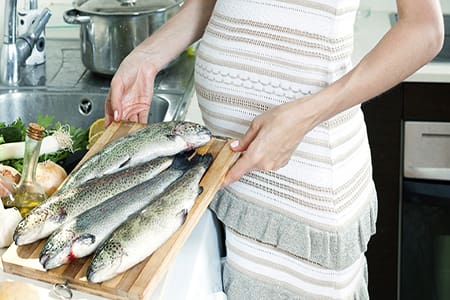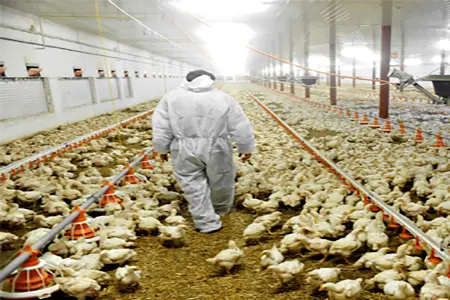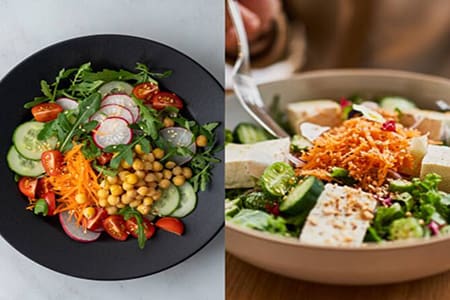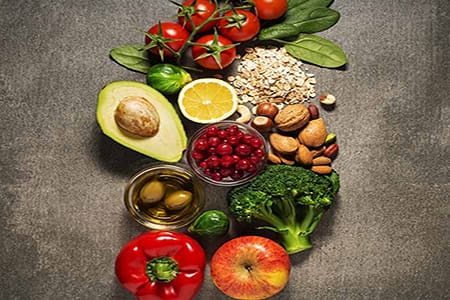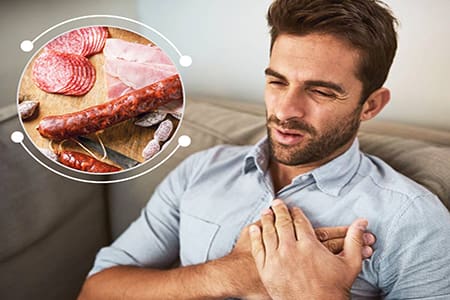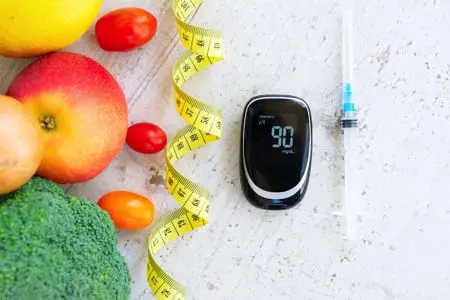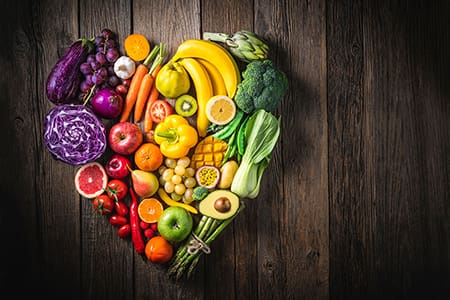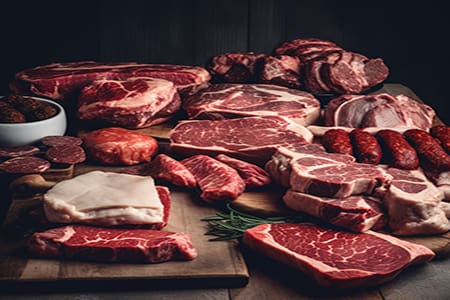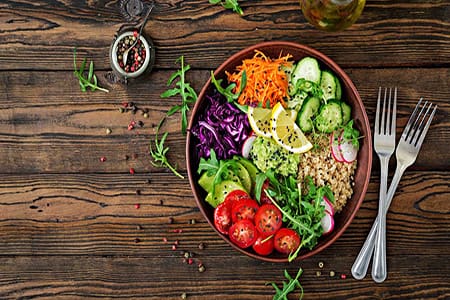Þessi flokkur kannar mannlega vídd dýranýtingar - hvernig við sem einstaklingar og samfélög réttlætum, viðhöldum eða stöndum gegn grimmdarkerfum. Frá menningarhefðum og efnahagslegri ósjálfstæði til lýðheilsu og andlegrar trúar endurspegla sambönd okkar við dýr þau gildi sem við höfum og valdakerfin sem við búum í. Kaflinn „Mannkynið“ kannar þessi tengsl og leiðir í ljós hversu djúpt fléttuð velferð okkar er við lífið sem við drottnum yfir.
Við skoðum hvernig kjötríkt mataræði, iðnaðarlandbúnaður og alþjóðlegar framboðskeðjur skaða næringu manna, geðheilsu og hagkerfi sveitarfélaga. Lýðheilsukreppur, matvælaóöryggi og umhverfishrun eru ekki einangruð atvik - þau eru einkenni óviðráðanlegs kerfis sem forgangsraðar hagnaði framar fólki og plánetu. Á sama tíma varpar þessi flokkur ljósi á von og umbreytingu: vegan fjölskyldur, íþróttamenn, samfélög og aðgerðasinnar sem eru að endurhugsa samband manna og dýra og byggja upp seigri og samúðarfyllri lífshætti.
Með því að horfast í augu við siðferðilegar, menningarlegar og hagnýtar afleiðingar dýranýtingar horfumst við einnig í augu við sjálf okkur. Hvers konar samfélag viljum við vera hluti af? Hvernig endurspegla eða svíkja val okkar gildi okkar? Leiðin að réttlæti – fyrir dýr og menn – er sú sama. Með meðvitund, samkennd og aðgerðum getum við byrjað að laga þá tengingu sem kyndir undir svo mikilli þjáningu og fært okkur í átt að réttlátari og sjálfbærari framtíð.
Meðganga er tími djúpstæðra breytinga og ábyrgðar, þar sem næring gegnir lykilhlutverki við að styðja bæði móður og barn. Þó að fiskum sé fagnað fyrir omega-3 fitusýrur og nauðsynleg næringarefni sem hjálpa til við þroska fósturs, eru sumar tegundir með falinn áhættu: hátt kvikasilfurmagn. Útsetning kvikasilfurs á meðgöngu hefur verið tengd alvarlegum fylgikvillum, þar með talið fyrirburafæðingu, lágum fæðingarþyngd, seinkun á þroska og langtíma vitsmunalegum áskorunum hjá börnum. Þessi grein kannar tengslin milli kvikasilfurshlaðinna fiskneyslu og meðgönguárangurs meðan hún býður upp á hagnýtar ráðleggingar um að velja öruggari valkosti sjávarafurða til að stuðla

